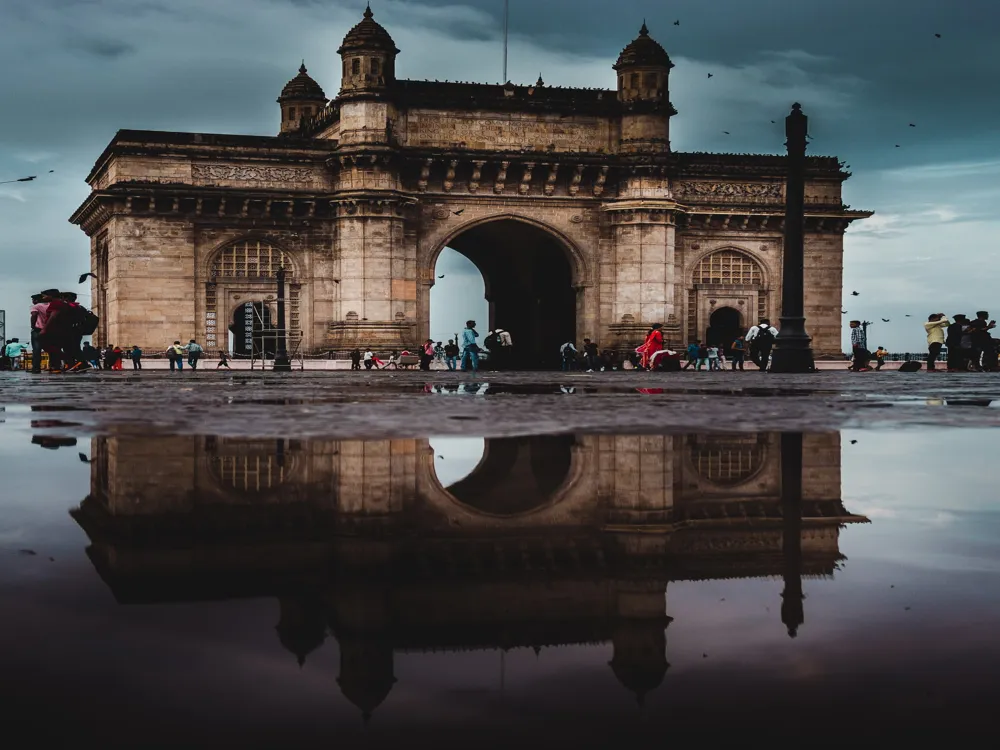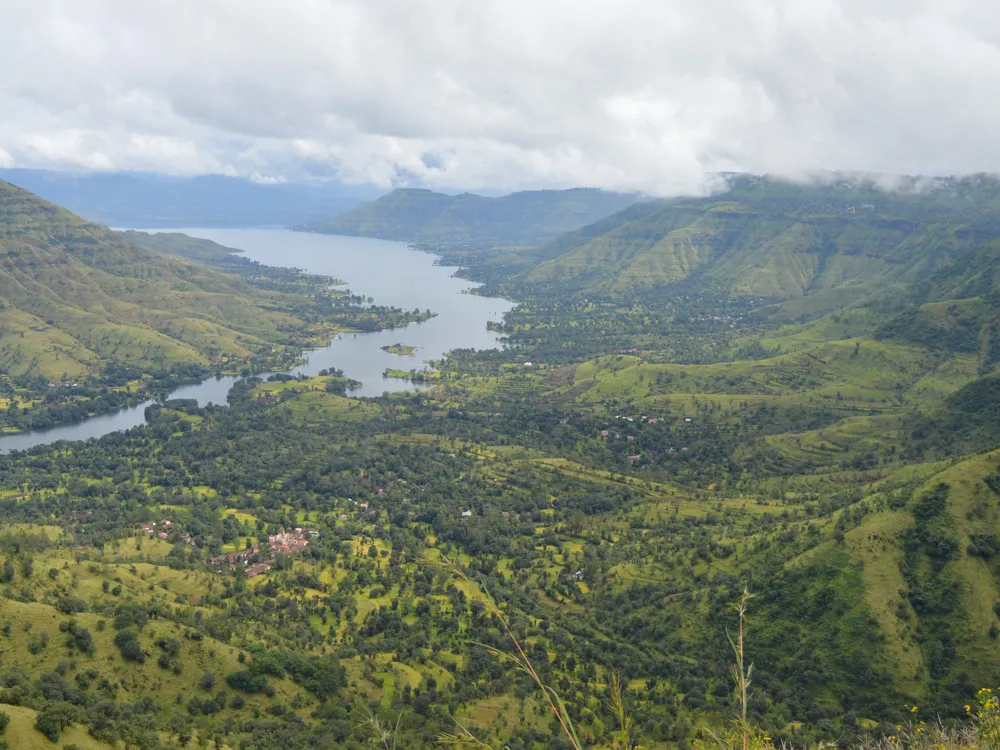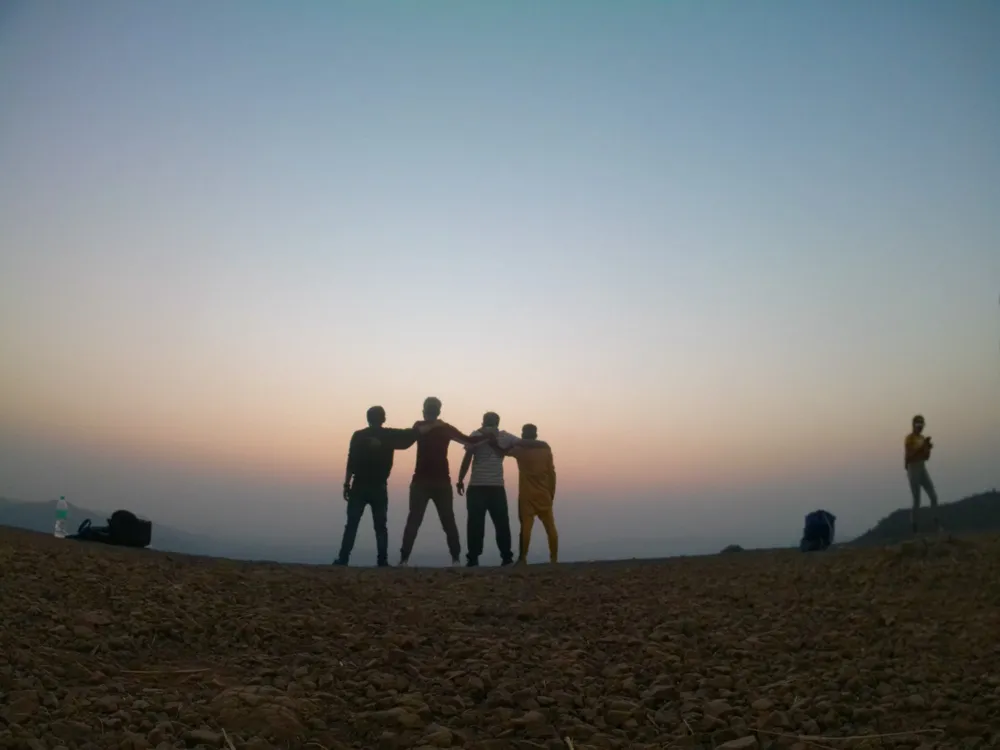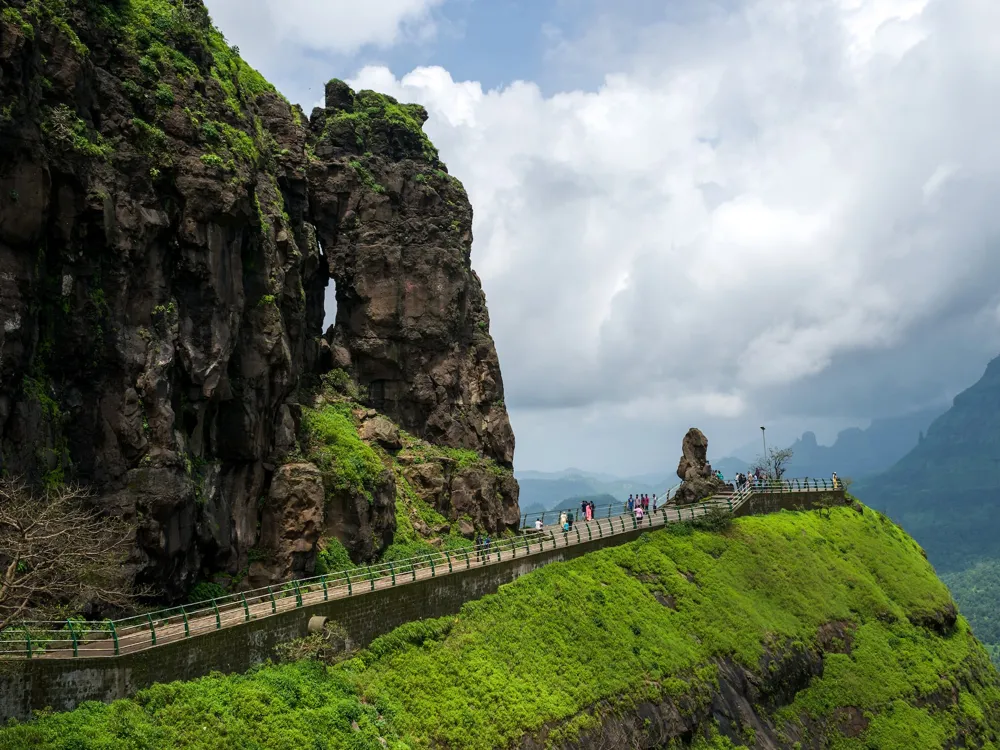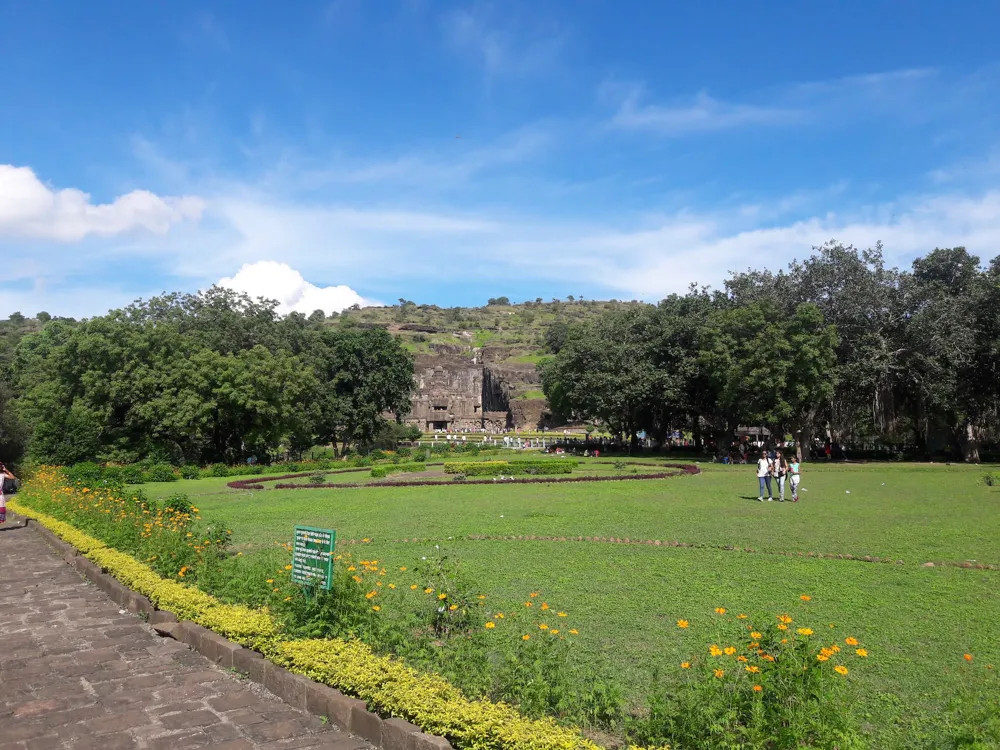Trimbakeshwar, located in the serene surroundings of Nasik in Maharashtra, is not just a mere pilgrimage destination but a journey into the spiritual heart of India. Renowned for its rich historical and religious significance, this town is home to one of the twelve Jyotirlingas dedicated to Lord Shiva. The ancient temples and the holy Godavari River, originating nearby, add to the mystical aura of Trimbakeshwar. This town, steeped in mythological tales, offers a unique blend of spirituality and serenity, attracting devotees and tourists alike. Trimbakeshwar's history is deeply intertwined with Hindu mythology. The town's centerpiece, the Trimbakeshwar Temple, is said to be the site where Lord Shiva turned himself into a Jyotirlinga. The story goes that it was to fulfill the wishes of Sage Gautam and River Ganga. This legendary tale, along with numerous others, forms the core of Trimbakeshwar's historical and cultural identity. The Trimbakeshwar Temple is not only architecturally magnificent but also holds immense religious importance. It's a vital site for various Hindu rituals, including the Narayan Nagbali, Kalsarpa Shanti, and Tripindi Shradh. These rituals are unique to Trimbakeshwar and attract devotees from all over India seeking spiritual solace and peace. Trimbakeshwar vibrantly celebrates festivals like Mahashivratri and Kumbh Mela. During Mahashivratri, the town is decked in lights and colors as devotees engage in night-long prayers. The Kumbh Mela, held once every twelve years, transforms the town into a hub of spiritual activities, drawing millions of pilgrims from across the globe. The natural beauty surrounding Trimbakeshwar is breathtaking. Nestled among the Brahmagiri Hills, the town is surrounded by lush green forests and the tranquil waters of the Godavari. This picturesque setting not only offers a spiritual retreat but also a chance to connect with nature. The Trimbakeshwar Temple is an architectural marvel, showcasing the brilliance of ancient Indian craftsmanship. Built in the 18th century by Peshwa Balaji Baji Rao, the temple's design is a testament to the Nagara style of architecture. The intricate carvings, majestic towers, and the unique feature of the Jyotirlinga having three faces embodying Lord Brahma, Lord Vishnu, and Lord Shiva are awe-inspiring. The temple's structure is a harmonious blend of skill and spirituality. Its sanctum is crowned with a graceful tower, while the inner sanctum, housing the Jyotirlinga, is a sight of sheer devotion and awe. The temple's exterior is adorned with intricate carvings depicting various Hindu deities and legends. The construction of the Trimbakeshwar Temple is a marvel in itself. Utilizing black stone predominantly, the craftsmen of the bygone era employed traditional techniques that have withstood the test of time, preserving the temple's beauty and sanctity for centuries. Trimbakeshwar's architecture reflects the influences of various ruling dynasties. From the Marathas to the Peshwas, each dynasty has contributed to the temple's architectural richness, making it a melting pot of cultural and historical influences. As a place of worship, it's essential to dress conservatively out of respect for the religious sentiments of the pilgrims. Traditional Indian attire is recommended. Trimbakeshwar is steeped in tradition and customs. It’s important to observe and respect these practices, whether it’s removing shoes before entering the temple or participating in rituals. The ideal time to visit Trimbakeshwar is from October to March when the weather is pleasant. Monsoon season, though beautiful, can be challenging for travel. Opting for a guided tour can enhance your experience, providing insights into the temple’s history, architecture, and rituals. Don’t miss out on trying the local Maharashtrian cuisine. The town offers a variety of traditional dishes that are both delicious and affordable. Trimbakeshwar is well-connected by road, rail, and air. The nearest airport is in Nashik, about 30 kilometers away. Nashik’s railway station is the closest railhead, with good connectivity to major Indian cities. By road, Trimbakeshwar is accessible via a network of national and state highways, making it convenient for pilgrims and tourists to reach this spiritual destination. Read More:Overview of Trimbakeshwar, Nasik, Maharashtra
History and Legends of Trimbakeshwar
Religious Importance of Trimbakeshwar
Festivals and Celebrations
Trimbakeshwar's Natural Beauty
Architecture of Trimbakeshwar
Design and Structure
Materials and Construction Techniques
Influence of Various Dynasties
Tips When Visiting Trimbakeshwar
Dress Appropriately
Respect Local Customs
Best Time to Visit
Guided Tours
Local Cuisine
How To Reach Trimbakeshwar
Trimbakeshwar
Nasik
Maharashtra Goa
NaN onwards
View nasik Packages
Weather :
Label : Must Visit
Tags : Temple
Timings : 05:30 AM - 09:00 PM
Time Required : 1 - 2 hours
Entry Fee : Free
VIP Entry: INR 200
Pooja Costs : Prior booking of pandits for various ceremonies would begin with a fee of at least INR 2000 per person.
Planning a Trip? Ask Your Question
Nasik Travel Packages
View All Packages For Nasik
Top Hotel Collections for Nasik

Private Pool

Luxury Hotels

5-Star Hotels

Pet Friendly
Top Hotels Near Nasik
Other Top Ranking Places In Nasik
View All Places To Visit In nasik
View nasik Packages
Weather :
Label : Must Visit
Tags : Temple
Timings : 05:30 AM - 09:00 PM
Time Required : 1 - 2 hours
Entry Fee : Free
VIP Entry: INR 200
Pooja Costs : Prior booking of pandits for various ceremonies would begin with a fee of at least INR 2000 per person.
Planning a Trip? Ask Your Question
Nasik Travel Packages
View All Packages For Nasik
Top Hotel Collections for Nasik

Private Pool

Luxury Hotels

5-Star Hotels

Pet Friendly














